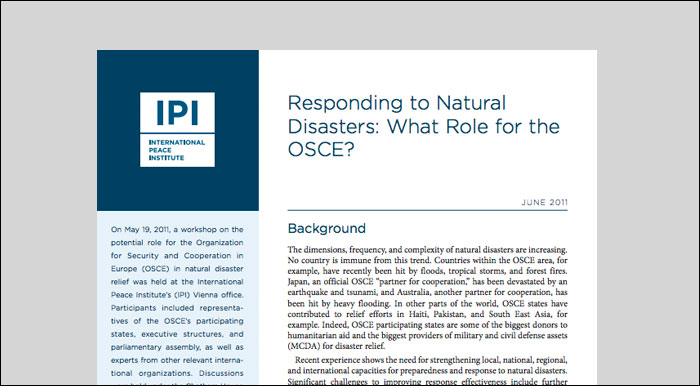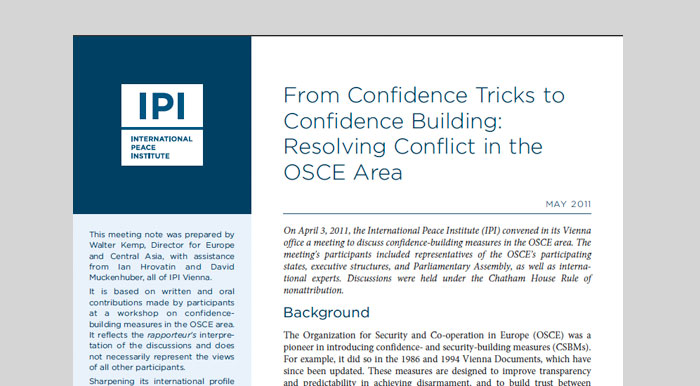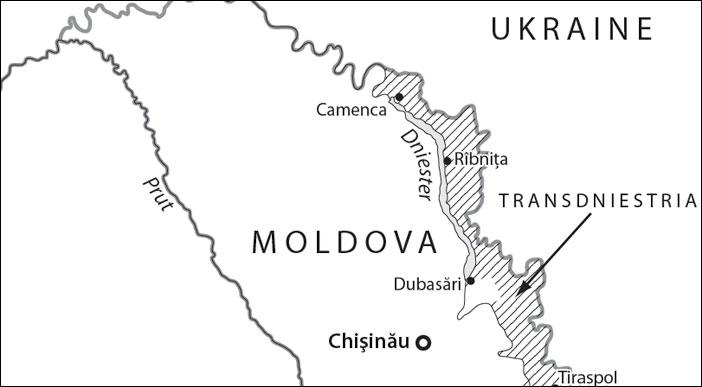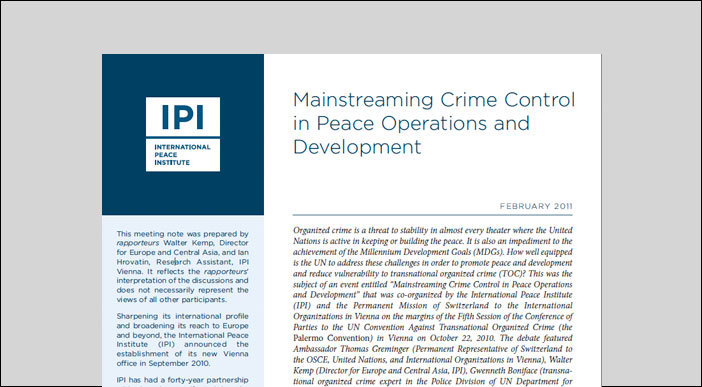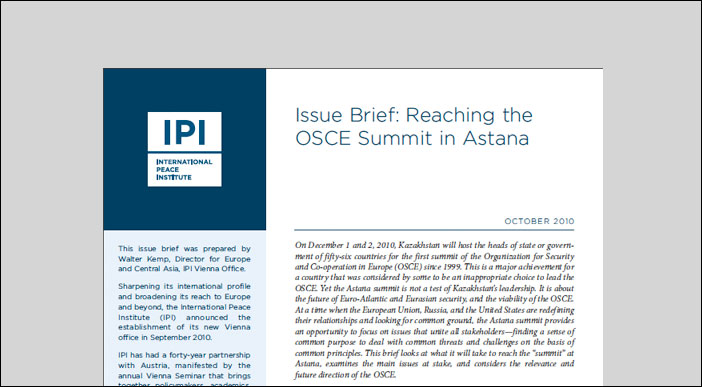
Rarely considered a serious challenge until recently, organized crime and related serious crime have become a critical issue in many fragile states. Experience shows that organized crime must be addressed during the course of any peace operation or political mission, since in many cases it is the biggest impediment to peace.Given weak institutions, few economic […]
Read more
